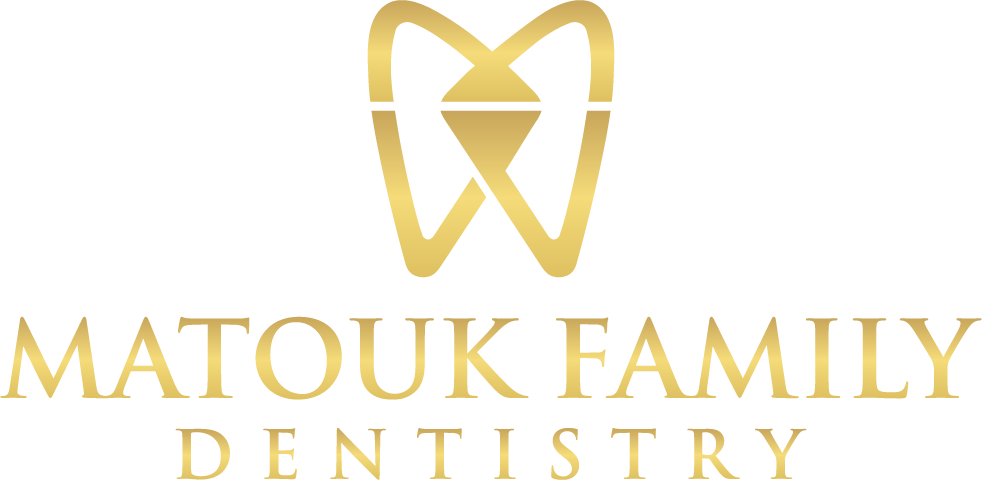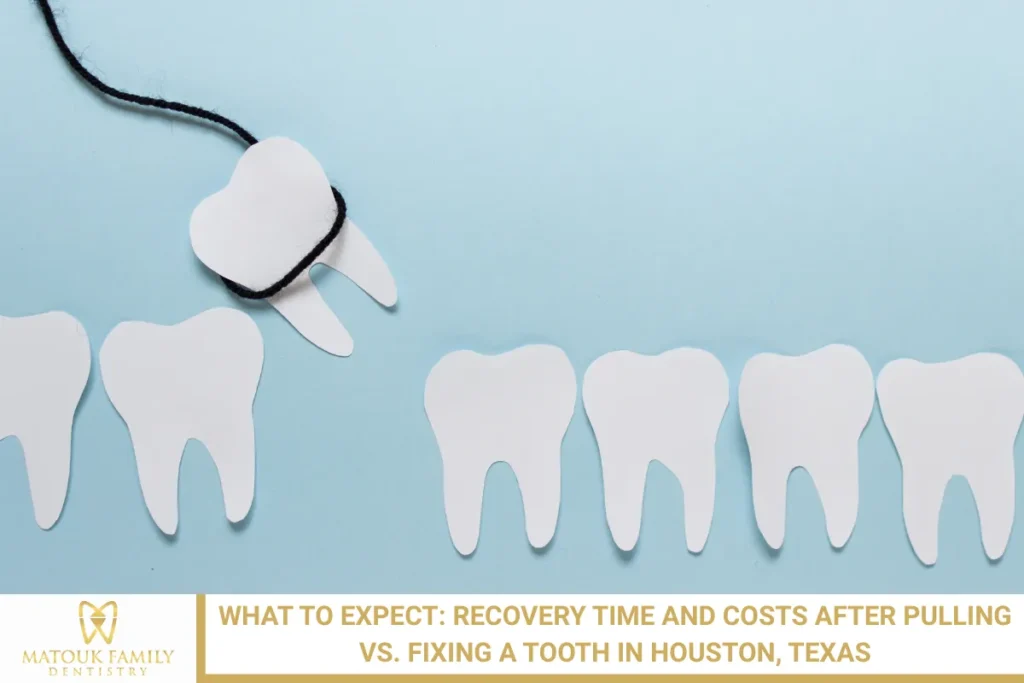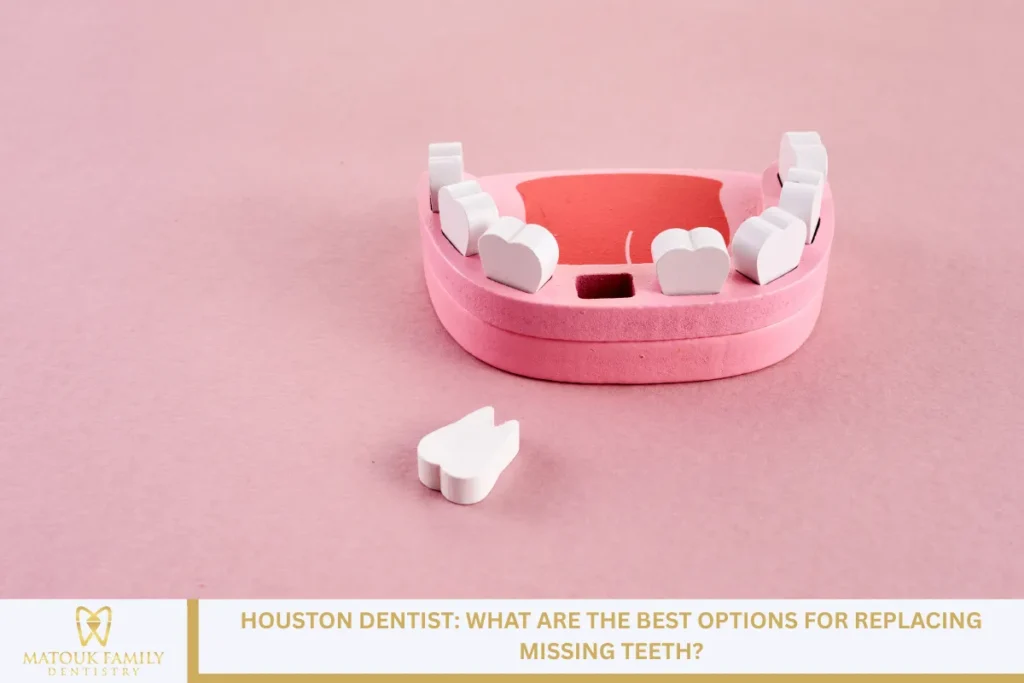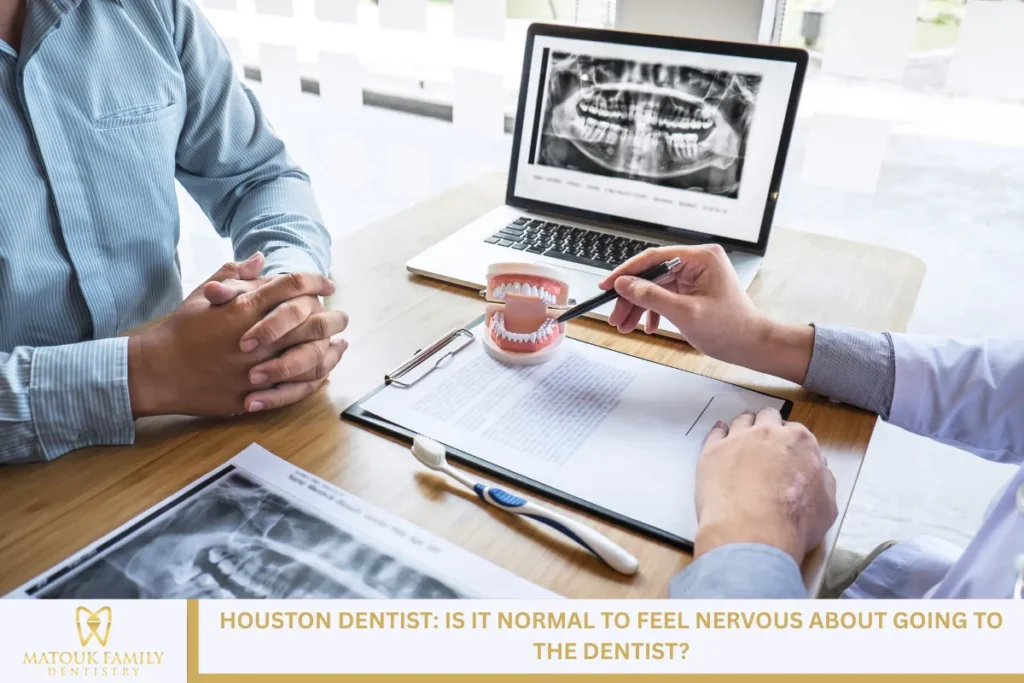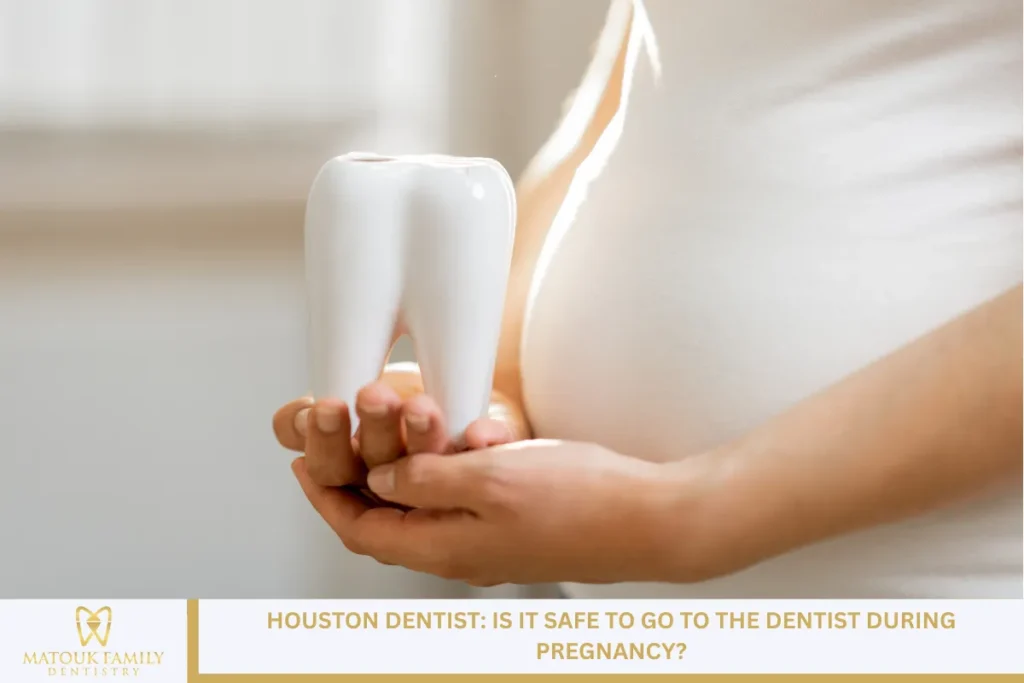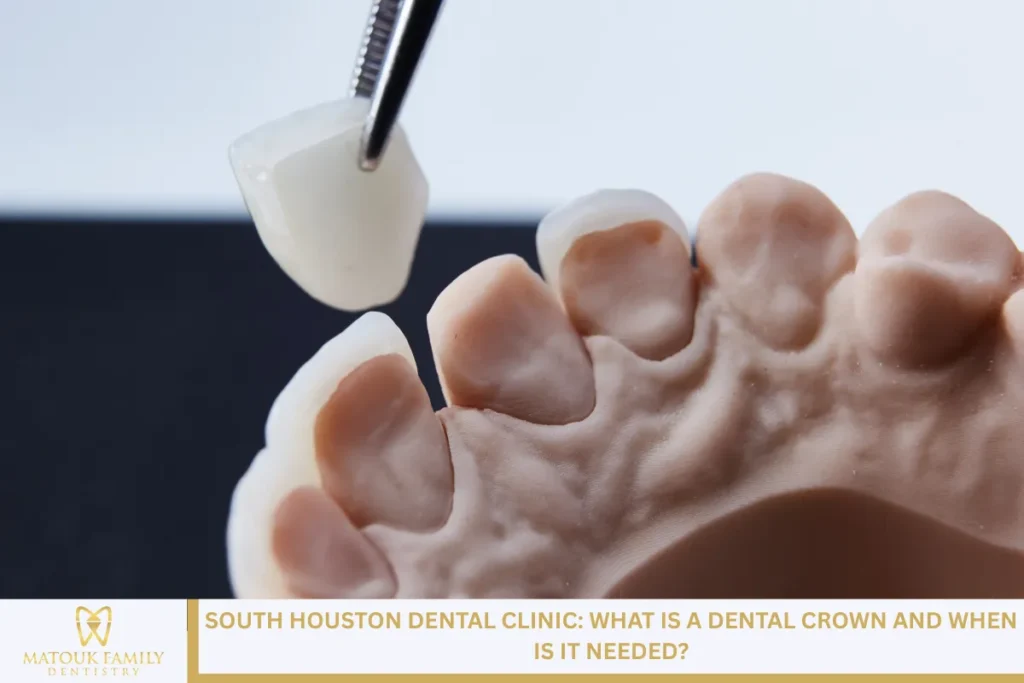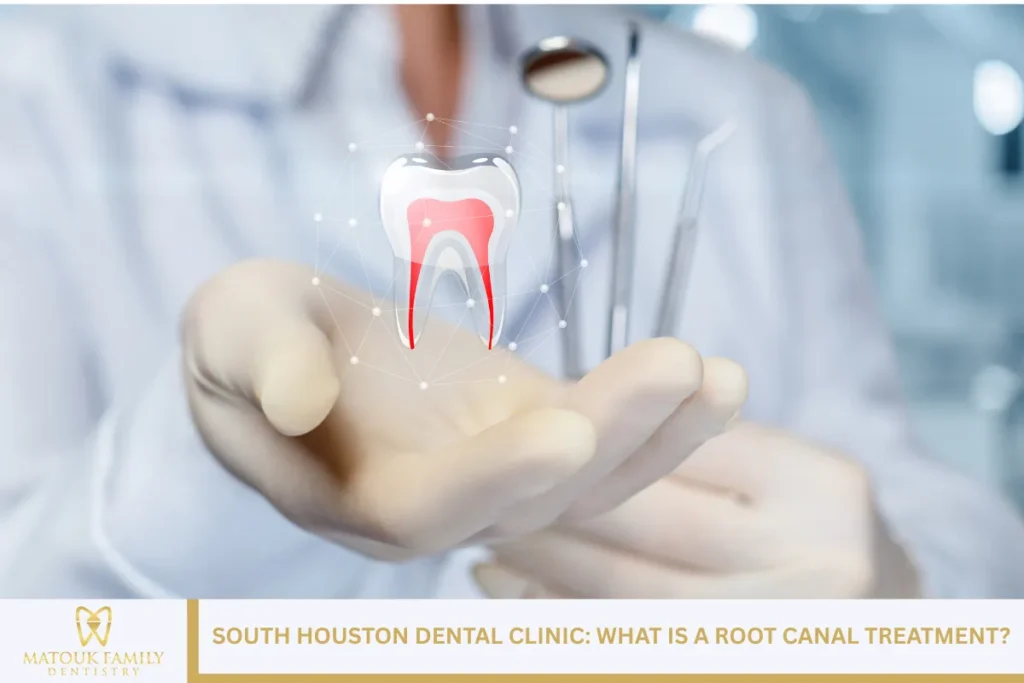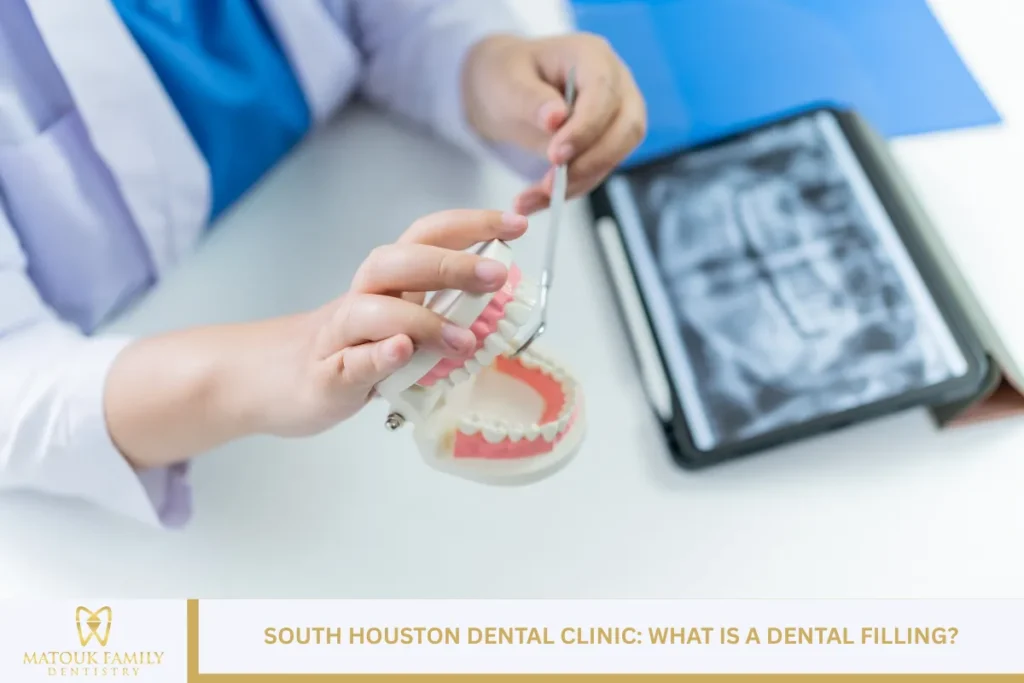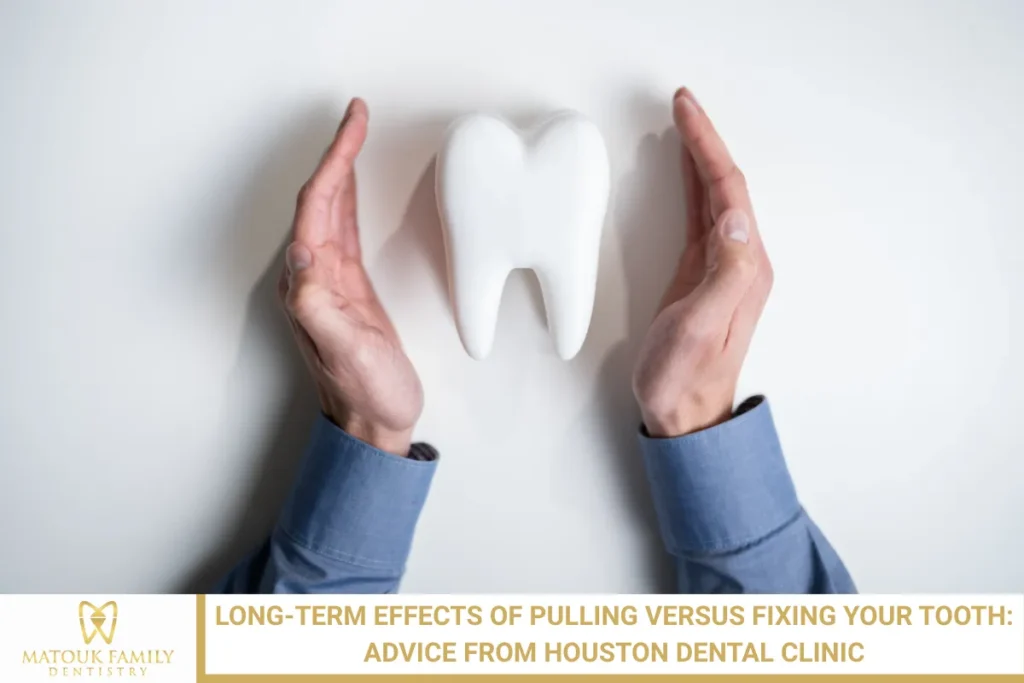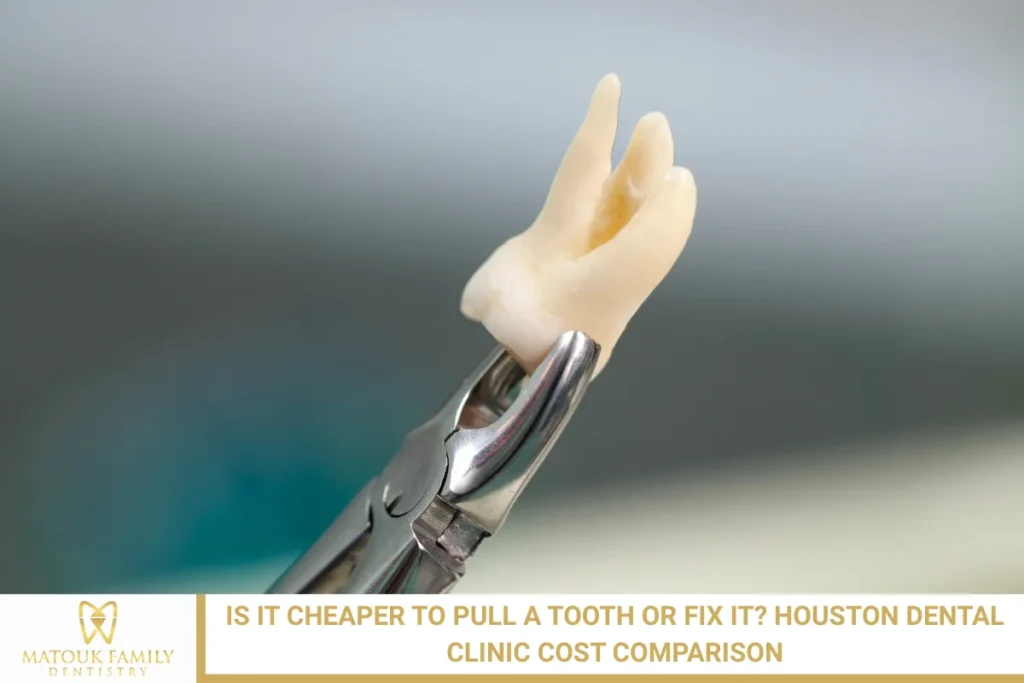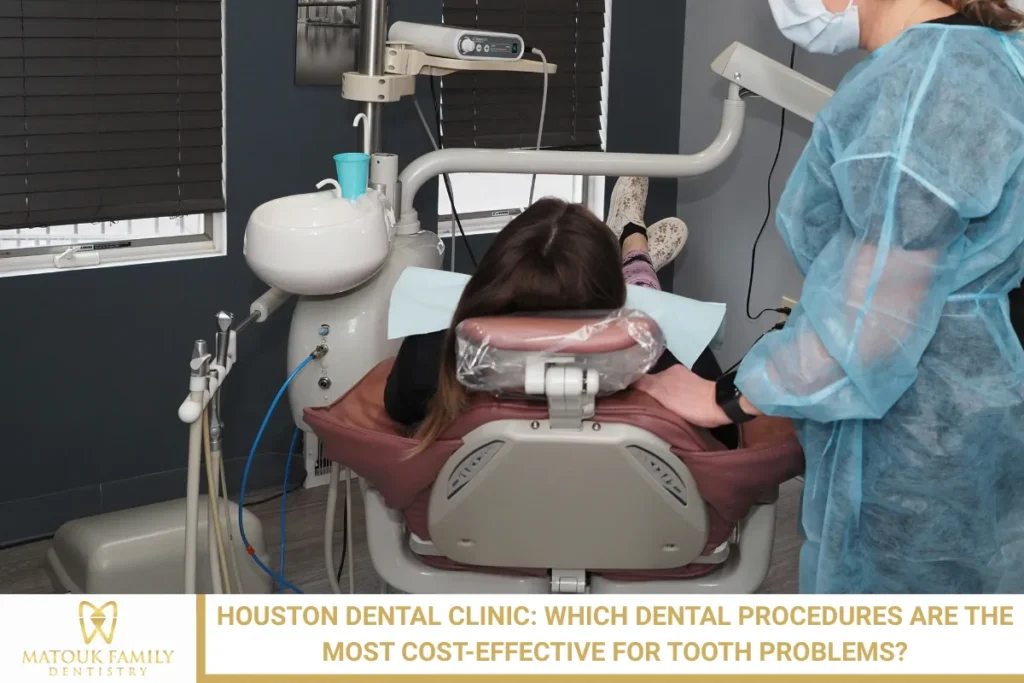The decision to pull or fix a damaged or decayed tooth often begins with a visit to a dental clinic, especially for residents seeking trusted care in Houston, Texas. This choice can feel overwhelming, especially when both procedures offer unique benefits and involve significantly different timelines, costs, and aftercare requirements.
Understanding the recovery expectations and financial differences between extraction and restorative procedures is essential. This comprehensive guide breaks down both options to help Houston residents gain a better understanding of what each route entails—before stepping into the dentist’s chair.
Understanding Tooth Extraction: What It Means and Why It’s Done
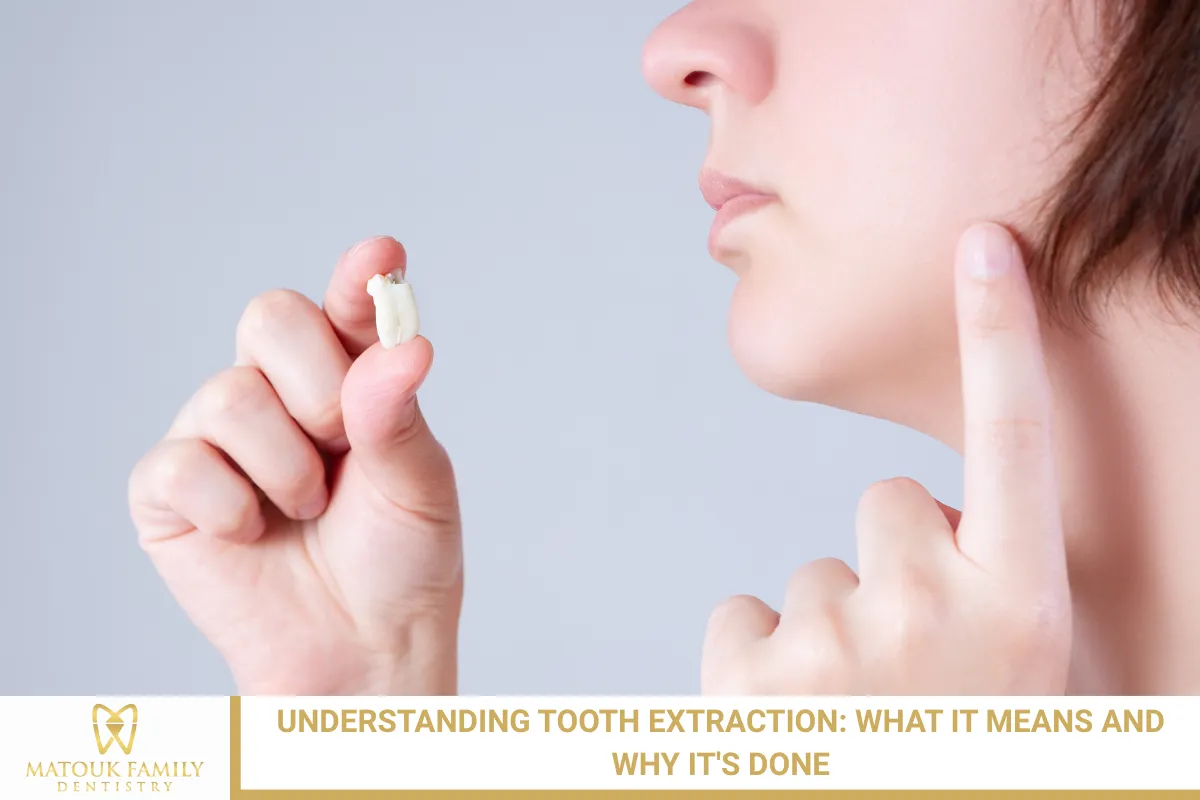
Tooth extraction is a dental procedure where a tooth is completely removed from its socket in the jawbone. It’s often considered a last resort when a tooth cannot be saved through restorative treatment.
Situations That May Require Extraction
Dentists may recommend extraction for several reasons, including:
- Severe tooth decay or infection that has reached the pulp and compromised the tooth structure
- Fractured or broken teeth that cannot be repaired
- Advanced periodontal (gum) disease affecting the surrounding bone
- Overcrowding or preparation for orthodontic treatment
- Impacted teeth, especially wisdom teeth that fail to erupt properly
Extraction procedures vary based on complexity. Simple extractions are performed on visible teeth and usually require local anesthesia. Surgical extractions, on the other hand, involve removing teeth that may be broken below the gum line or not fully erupted, and may require stitches.
Recovery After Tooth Extraction: Step-by-Step Healing Process
Healing from a tooth extraction is a gradual process that depends on several factors, including the type of extraction, the location of the tooth, and the patient’s overall health.
Immediate Post-Extraction Phase (First 24 Hours)
- A blood clot forms in the socket where the tooth was removed.
- Bleeding may continue for a short time but should subside within a few hours.
- Patients are advised to bite down on gauze to control bleeding and begin clot formation.
Days 2 to 3
- Swelling and discomfort are typically at their peak during this stage.
- It’s important to rest and avoid strenuous activities.
- A soft or liquid diet is recommended to avoid disrupting the healing socket.
Days 4 to 7
- Swelling and pain should noticeably reduce.
- The risk of dry socket (a painful condition where the clot becomes dislodged) begins to decrease.
- Tissue begins to regenerate inside the socket.
Weeks 2 to 3
- Gums should be mostly healed.
- Patients may gradually return to their normal diet and oral hygiene practices.
- Discomfort is usually minimal by this point.
Full Bone Healing
- The jawbone and deeper tissues may take up to 3 to 6 months to fully regenerate.
- During this period, patients may explore options for replacing the missing tooth to preserve alignment and chewing ability.
Exploring Tooth Repair: Methods for Saving a Tooth
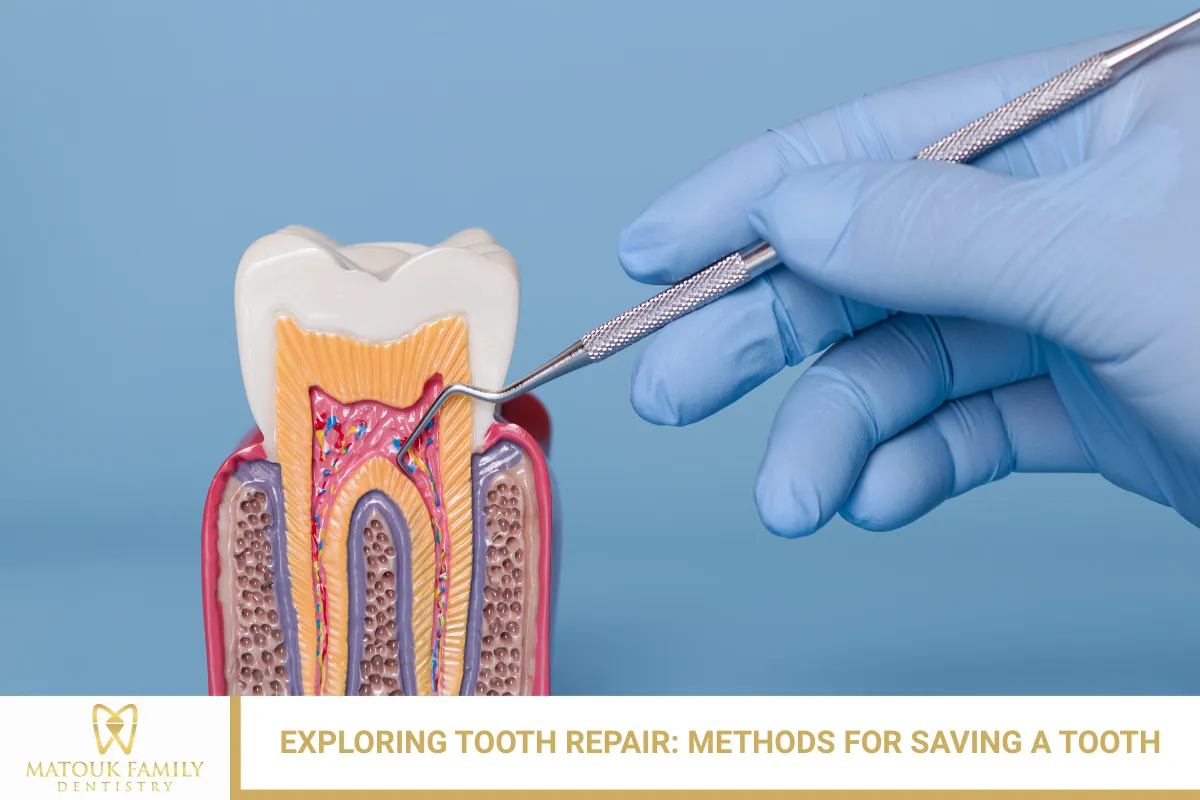
Tooth repair refers to a variety of restorative dental treatments that aim to preserve the natural tooth structure and restore its function. These procedures are designed to treat decay, damage, or infection without needing to remove the tooth.
Common Tooth Repair Techniques
- Dental Fillings: Used for treating cavities, fillings restore the shape and strength of teeth by removing decayed portions and sealing the cavity with composite resin or amalgam.
- Root Canal Therapy: This treatment is performed when the tooth pulp is infected. The pulp is removed, the canal is disinfected, and the tooth is sealed. Root canals allow patients to keep their natural teeth rather than opting for extraction.
- Dental Crowns: A crown is a tooth-shaped cap placed over a damaged or weakened tooth. It restores function and aesthetics, especially after large fillings or root canals.
- Dental Bonding: In this procedure, a tooth-colored resin is applied and shaped to repair chips, cracks, or worn edges of the teeth.
These repairs are typically completed in one or two visits, depending on their complexity and the materials used.
Recovery After Tooth Repair: What Patients in Houston Can Expect
The healing process after restorative dental work is typically shorter and more comfortable than the recovery period following an extraction.
After Dental Fillings
- Numbness from local anesthesia may last a few hours.
- Mild sensitivity to temperature or pressure may be present for one to two days.
- Normal eating and brushing can resume almost immediately.
After Root Canal Therapy
- Mild soreness or tenderness in the treated area is common for 1 to 3 days.
- Pain management is usually handled with over-the-counter medications.
- Follow-up visits may be required to place a crown over the treated tooth.
After Dental Crowns or Bonding
- Patients might experience slight bite discomfort, especially if adjustments are needed.
- Gums around the treated tooth may be sensitive for a few days.
- Bonding usually involves no downtime and provides instant results.
Cost Breakdown in Houston: Pulling vs. Fixing a Tooth
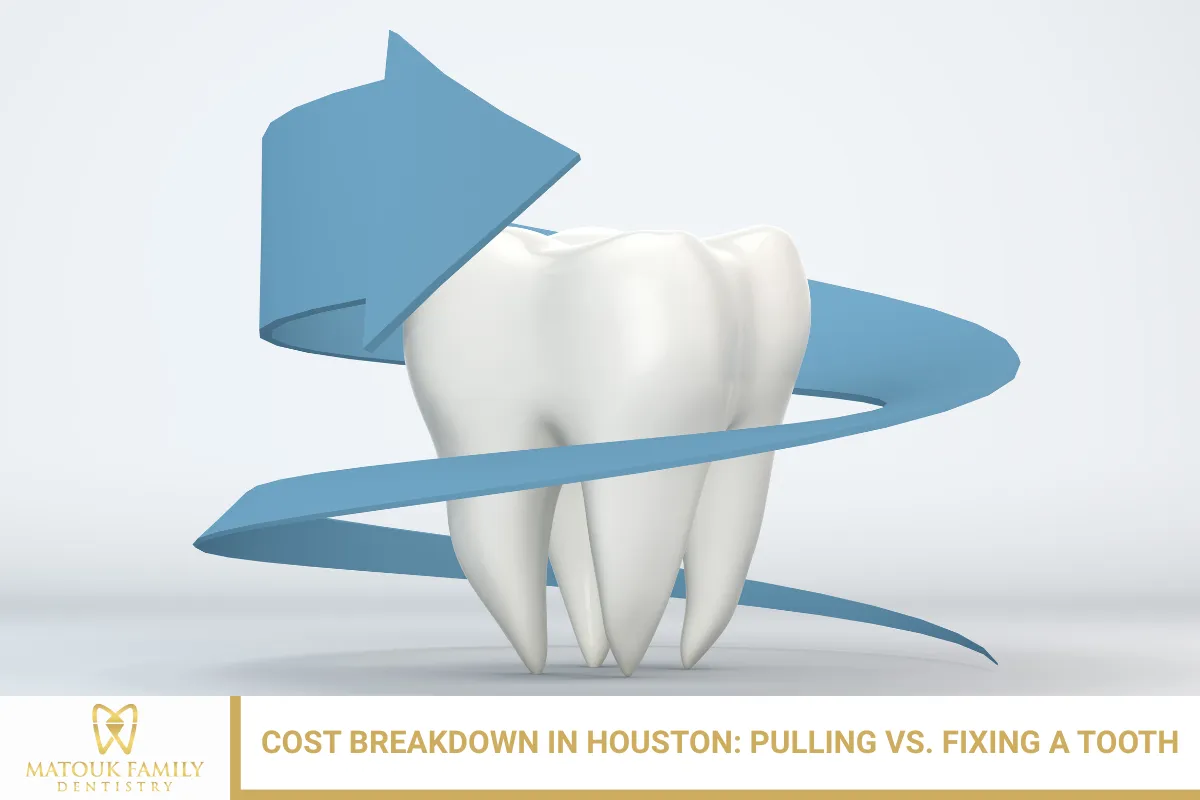
Dental care costs can vary depending on the clinic, the complexity of the procedure, and whether you have insurance. Here’s a closer look at the price range for each option based on average rates in Houston, Texas.
Average Tooth Extraction Costs
- Simple extraction: $100 – $250
- Surgical extraction: $250 – $600
- Impacted wisdom tooth removal: $300 – $750 per tooth
Average Tooth Repair Costs
- Filling: $100 – $300
- Root canal (front tooth): $300 – $1,000
- Root canal (molar): $800 – $1,500
- Dental crown: $800 – $2,000
- Bonding: $100 – $400
Insurance Considerations
Dental insurance may cover a significant portion of both extractions and repairs, depending on the plan. However:
- Some policies consider extractions as major services, which can impact reimbursement.
- Root canals and crowns may require pre-authorization.
- Annual maximums typically limit coverage to $1,000–$2,000 per year.
It’s essential to consult your dental clinic for a personalized cost estimate tailored to your coverage and treatment plan.
Long-Term Oral Health Considerations
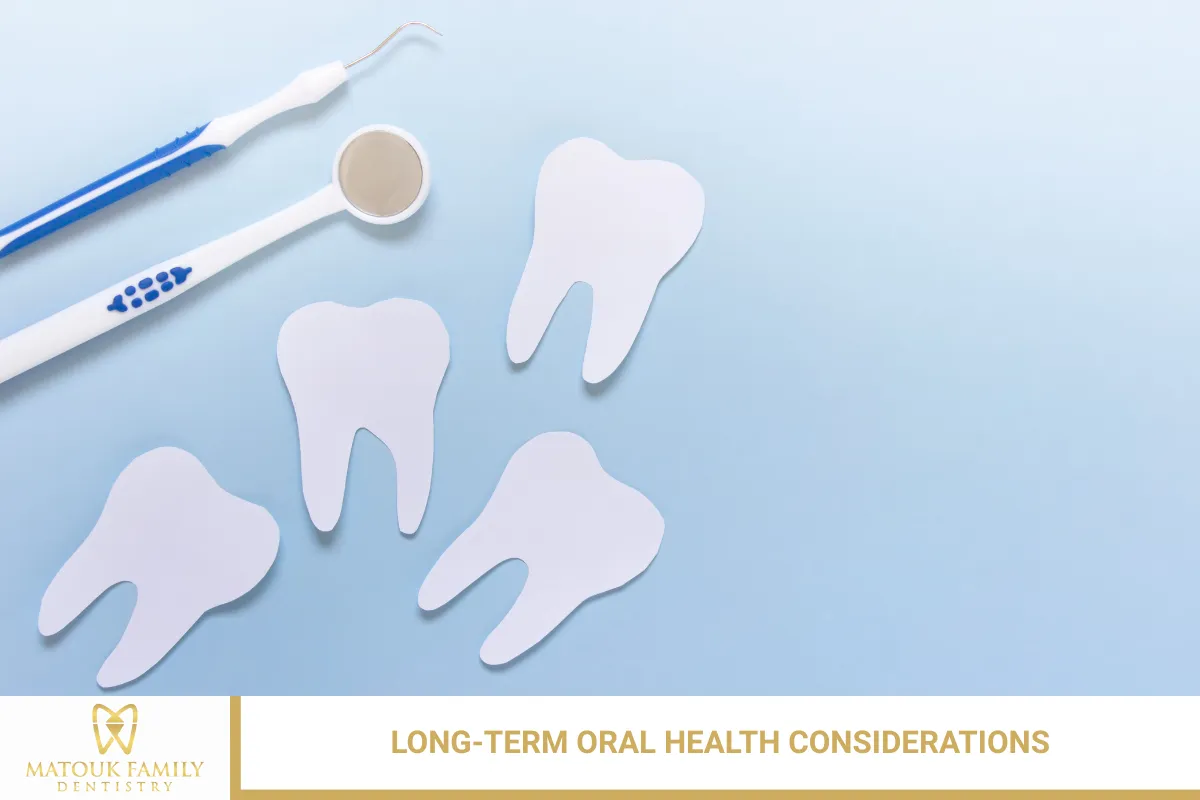
The choice between pulling or fixing a tooth has long-term consequences for your oral health, especially regarding jaw function, aesthetics, and future dental needs.
Impacts of Tooth Extraction
- Adjacent teeth may shift into the space, causing misalignment.
- Missing teeth may affect chewing and speech.
- Bone loss in the jaw can occur over time due to the lack of stimulation from the tooth root.
- A dental implant, bridge, or denture may be needed to restore the lost tooth.
Benefits of Saving a Natural Tooth
- Helps maintain proper bite and alignment
- Reduces the need for replacement treatments
- Preserves jawbone integrity
- Often leads to a more natural look and feel
Saving a tooth through repair is generally considered better for long-term dental stability. Still, the final decision should always be made in consultation with a trusted dental professional.
Making the Right Choice: Questions to Ask Your Dentist
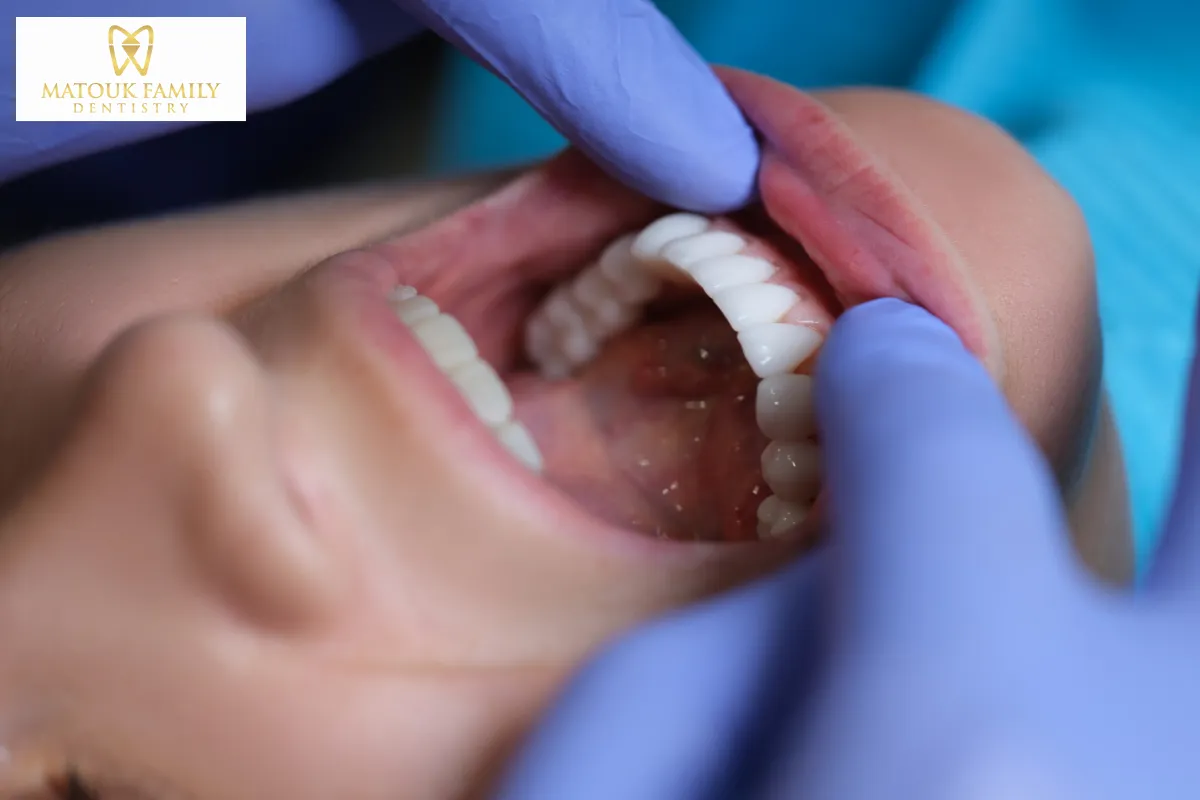
Before making your decision, consider discussing these questions at your next visit to a dental clinic in Houston:
- Is the tooth repairable, or is extraction the only option?
- What are the risks and benefits of both approaches?
- How will each option affect my bite and surrounding teeth?
- What are the upfront and long-term costs involved?
- Are replacement options, such as implants, necessary after extraction?
Things to Know Before Scheduling the Procedure
Understanding what to prepare for before your dental treatment can ease your anxiety and improve your recovery.
- Transportation: Bring someone if you’re receiving sedation.
- Food: Stock up on soft foods in case of discomfort after the procedure.
- Medications: Fill prescriptions in advance if you need pain medication or antibiotics to ensure timely access to these medications.
- Post-care instructions: Review the aftercare steps with your dentist to ensure proper healing and optimal results.
Final Thoughts on Tooth Extraction vs. Repair
Choosing between tooth extraction and repair isn’t always straightforward. Each option has its advantages, depending on the condition of the tooth, your long-term goals, and your financial situation. In most cases, dentists aim to preserve natural teeth whenever possible, as they contribute to better oral function and jaw stability.
However, in situations where the tooth is beyond saving, extraction may be the safest and most affordable option. What matters most is making an informed decision in collaboration with a skilled dental team that understands your needs.
Houston Dental Clinic – Matouk Family Dentistry
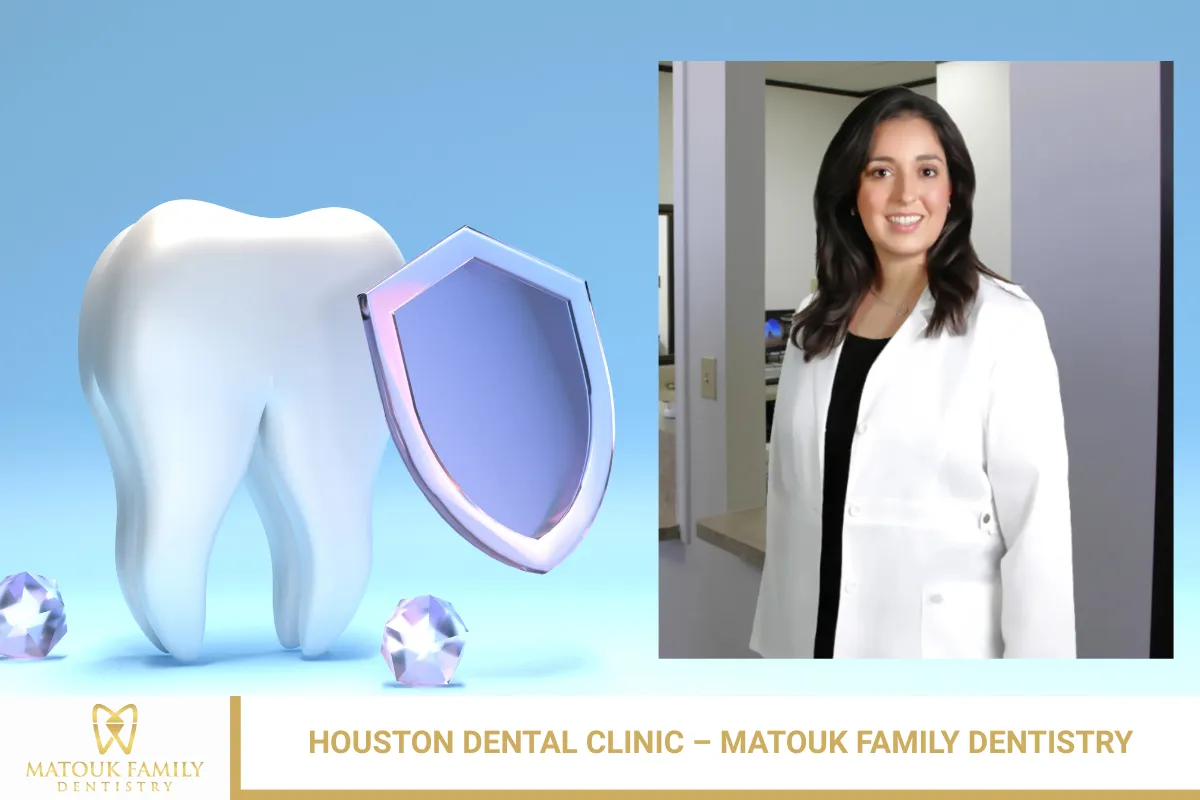
Looking for a reliable dental clinic in Houston? Matouk Family Dentistry provides a complete range of dental care services to help you maintain a healthy mouth. Whether it’s a tooth extraction, repair, or replacement, our experienced team is here to make every visit smooth and stress-free.
We’re conveniently located off the Gulf Freeway for easy access, and we offer a range of general dentistry services, including cleanings, fillings, crowns, root canal therapy, dentures, and more. To schedule your appointment, call us at (281) 484-3675. Let us take care of your smile with the attention it deserves!
Frequently Asked Questions (FAQs)
1. What’s the difference between tooth extraction and root canal treatment?
Tooth extraction and root canal treatment are two distinct dental procedures used to address infected teeth or deep dental decay. A tooth extraction involves the complete removal of the original tooth from its socket. This can be a simple extraction or a surgical extraction, depending on whether the tooth is impacted or broken below the gumline.
On the other hand, a root canal treatment—also called endodontic therapy—aims to save the natural tooth by removing the infected pulp from the pulp chamber. After cleaning and disinfecting the canal, the tooth is sealed and often topped with a crown to restore its natural function.
The key difference lies in preservation. A root canal maintains the natural tooth root, which helps prevent bone loss and bite issues. At the same time, an extraction may require a bone graft, dental bridges, or fabricated teeth to fill the gap. Both are effective treatments, but root canals are usually preferred when the natural tooth can be saved.
2. How long does it take to heal after a surgical tooth extraction?
Healing from a surgical tooth extraction depends on the procedure’s complexity, the patient’s health, and how well post-op instructions are followed. Unlike a simple extraction, a surgical procedure often involves an oral surgeon removing gum tissue or even bone to access the troubled tooth. This is common with impacted teeth, such as wisdom teeth, or when dealing with advanced gum disease or compromised teeth.
Initial healing, during which the blood clot forms in the socket, typically occurs within 24 hours. Swelling and soreness may peak around days 2 to 3. Most people can resume daily activities within a week. Still, complete healing of the bone tissue and gum tissue may take up to 8 to 12 weeks.
To avoid bone resorption and long-term issues, patients should avoid smoking, use proper dental sedation if necessary, and follow all guidelines provided by their dental clinic or oral surgeon.
3. Why is it important to save natural teeth instead of extracting them?
Preserving your natural teeth is always the best option when possible. Your natural tooth root stimulates the jawbone, which prevents bone resorption. When a tooth is removed, especially without a replacement, the jawbone begins to shrink due to a lack of stimulation from tooth roots. Over time, this can affect your appearance, cause bite issues, and even displace neighboring teeth.
Procedures such as root canal therapy or endodontic treatment enable patients to maintain their natural tooth function while eliminating pain and infection. This supports better dental health over the long term.
In contrast, while dental devices like partial dentures or dental bridges can fill gaps, they don’t replicate the full function or feel of a natural smile. That’s why dentists try to avoid oral surgery and extractions unless necessary. Saving healthy teeth is the gold standard of patient-focused dental care.
4. When is a bone graft needed after tooth extraction?
A bone graft may be recommended if there is significant bone loss or damage to the bone tissue following a tooth extraction, especially after removing infected teeth or a tooth with extensive decay. The procedure helps restore the jaw structure and prepares the site for future tooth replacement options, such as dental implants, which are often considered the standard in tooth replacement.
After a surgical extraction, especially for impacted teeth or when treating periodontal disease, the jawbone can be too weak to support a dental implant. A bone graft involves placing a grafting material into the empty socket to encourage bone regeneration.
This is commonly done immediately after extraction, especially in patients with advanced gum disease, deep decay, or a history of previous oral surgeries. By rebuilding the bone, dentists prevent bone resorption and maintain the integrity of the mouth’s shape and function, improving the success of future dental procedures.
5. Can wisdom teeth cause dental problems if not removed?
Yes, wisdom teeth can lead to a variety of dental issues if they are not monitored or extracted when needed. Often, these third molars do not have enough room to erupt properly, resulting in an impacted tooth. Impaction can lead to gum disease, cavities, and even infection due to the accumulation of trapped bacteria around partially erupted wisdom teeth.
In some cases, the pressure from erupting wisdom teeth can also damage neighboring teeth, disrupt alignment, and cause dental pain. If the infection spreads to the pulp chamber, it may necessitate root canal therapy or more extensive oral surgery.
Not all wisdom teeth require removal, but regular monitoring at a dental clinic is essential. Dentists may recommend surgical tooth extraction if there’s a risk of infection, signs of bone loss, or if the teeth are affecting your bite alignment. Failing to address them can compromise both current and future dental health.
Read more: Long-Term Effects of Pulling Versus Fixing Your Tooth: Advice from Houston Dental Clinic
